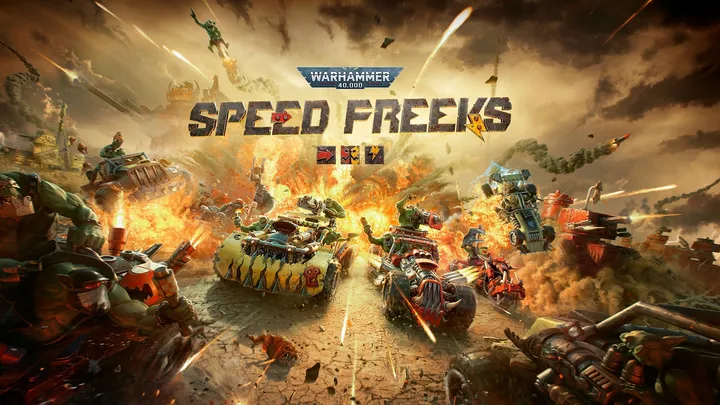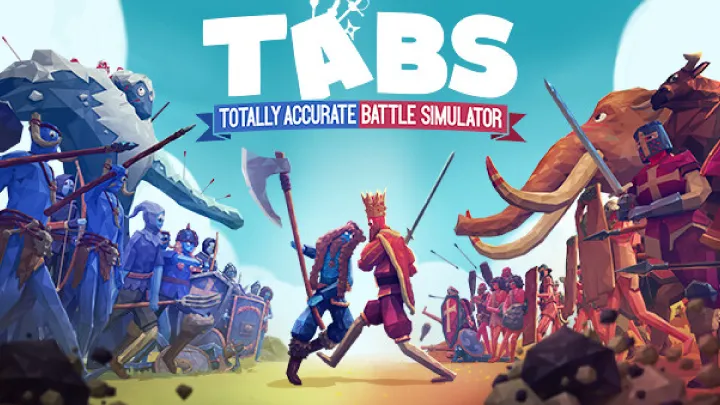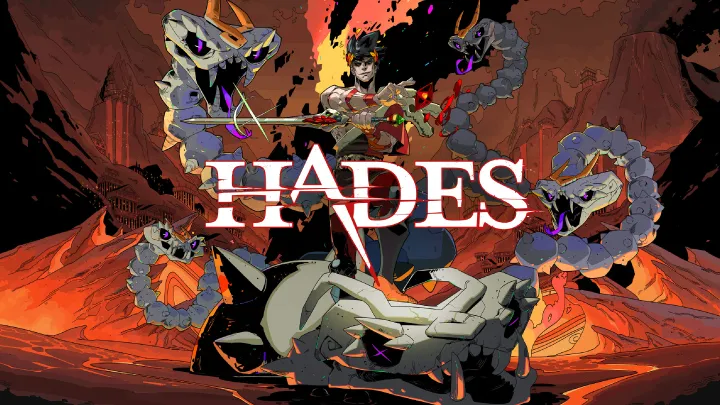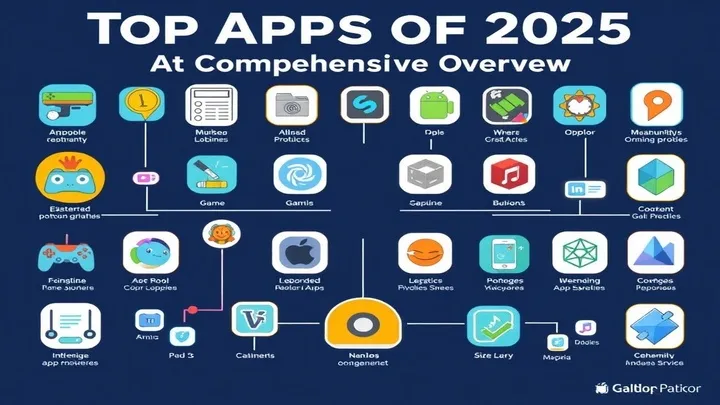Introduction
Army of Soldiers is a strategy and defense game that looks deceptively simple at first glance but hides incredible depth beneath its waves of enemies and chaotic progression. While many players focus on building troops and mowing down alien hordes, one core issue determines whether you thrive or collapse: resource management. Without careful attention to how resources are gathered, allocated, and preserved, even the most powerful army can crumble under pressure. This article explores this issue in depth across different stages of the game, highlighting how resource scarcity, decision-making, and long-term planning make Army of Soldiers far more complex than a casual defense title.
The First Steps – Learning to Value Resources

When players first launch Army of Soldiers, the mechanics seem straightforward: enemies appear in waves, and you place soldiers to stop them. But within minutes, you realize that resources are limited. Gold, the core currency, determines how many units you can deploy, and mismanagement here leads to quick defeat.
During these early stages, resource management is about restraint. New players often overspend on flashy units, only to find themselves helpless in the next wave. The first lesson is simple: every unit counts, and resources must be stretched as far as possible.
Understanding the Role of Unit Costs
Each unit in Army of Soldiers has a unique cost-to-value ratio. Light soldiers are cheap but fragile, while heavy artillery or advanced specialists consume significant resources.
Evaluating Units Early On
- Light Infantry: Best for quick deployment and buying time.
- Heavy Soldiers: Stronger, but dangerous to overuse due to high cost.
- Special Units: Game-changers, but often better saved for emergencies.
Understanding how much value you get from each unit is the first step toward efficient resource use.
Mid-Game Scarcity – The True Test
As waves grow more difficult, resource scarcity becomes the defining challenge. Enemies arrive in larger numbers, and your economy feels stretched thin. At this point, you must prioritize carefully.
Should you spend resources on upgrading existing troops or deploying new ones? This decision is not just tactical; it has long-term consequences. Choosing poorly can lead to gaps in defense that are nearly impossible to recover from.
The Trap of Over-Investment
One of the most common mistakes in Army of Soldiers is over-investing in a single strategy. For example, focusing entirely on heavy artillery may work for early waves, but the lack of balanced units leaves you vulnerable when enemy swarms overwhelm.
Signs of Over-Investment
- Lack of flexibility in unit deployment
- Resource starvation for upgrades
- Slow recovery after losses
Learning to diversify your investments is the key to building a sustainable army.
Balancing Defense and Offense
Resource management is not just about numbers; it’s about strategy. In Army of Soldiers, you often face a dilemma: should you spend resources bolstering defense or take risks with offensive units that can eliminate threats faster?
Defensive Spending
- Safe, ensures survival through longer waves.
- May prolong battles, consuming more resources over time.
Offensive Spending
- Can shorten battles and reduce attrition.
- Risky, as failures leave your defenses exposed.
Balancing the two ensures both short-term survival and long-term success.
Emergency Management – Saving for the Worst
In later waves, surprises are inevitable. Bosses, elite enemies, or sudden surges of alien forces can test even the best-prepared players. The difference between victory and defeat often comes down to whether you saved resources for emergencies.
Many expert players set aside a “rainy day fund,” ensuring they can deploy powerful units instantly when unexpected threats appear. This habit separates beginners from veterans.
The Role of Upgrades in Resource Strategy
Upgrades are another critical element of resource management. While it’s tempting to spend everything on deploying units, upgrades often provide long-term value that outstrips immediate power.
Key Upgrades to Prioritize
- Damage Boosts: Increase efficiency of existing troops.
- Defense Enhancements: Reduce losses and prolong survival.
- Resource Generation: Expands your economy for future waves.
The challenge lies in balancing immediate needs with future growth, a constant tension in Army of Soldiers.
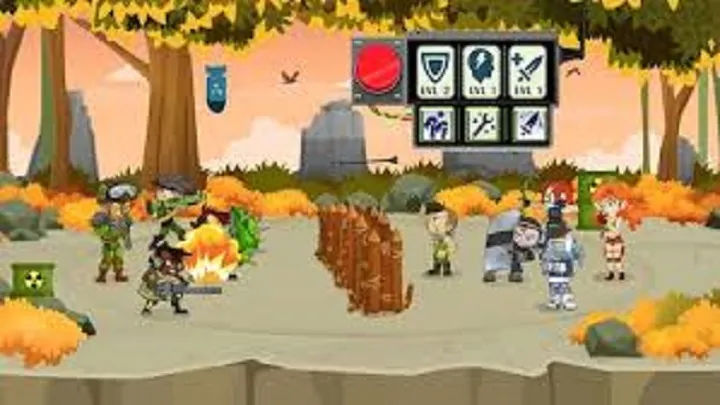
Late-Game Pressures – When Every Decision Matters
By the late game, resource management becomes brutally punishing. One poor decision can unravel hours of progress. At this stage, you must juggle multiple competing priorities: keeping existing troops alive, expanding your forces, and saving enough for the final waves.
Every wave feels like a puzzle. Should you sacrifice weaker units to save resources, or invest in upgrading them for a better chance at survival? The pressure adds to the game’s addictive intensity.
Player Psychology and Resource Stress
Beyond mechanics, resource management in Army of Soldiers also affects players psychologically. The constant scarcity creates stress, forcing you to second-guess every choice. Some players thrive under this pressure, while others collapse.
Interestingly, this design choice mirrors real-world military strategy, where limited resources and split-second decisions define outcomes. This makes Army of Soldiers not just a game, but a simulation of high-stakes decision-making.
Community Insights and Strategies
The Army of Soldiers community has developed countless strategies to master resource management.
Common Player Tips
- Always diversify your units.
- Save a portion of resources for emergencies.
- Prioritize upgrades that expand long-term growth.
Players often share stories of miraculous comebacks fueled by careful resource planning, reinforcing the centrality of this mechanic.
Conclusion
Army of Soldiers may appear to be a simple defense game on the surface, but its depth comes from the constant struggle of managing resources. From early overspending mistakes to late-game pressure cookers, resource management defines every success and failure. It forces players to balance risk and safety, immediate needs and future goals, offense and defense. This is what transforms Army of Soldiers from a casual experience into a challenging strategy game with endless replayability.
